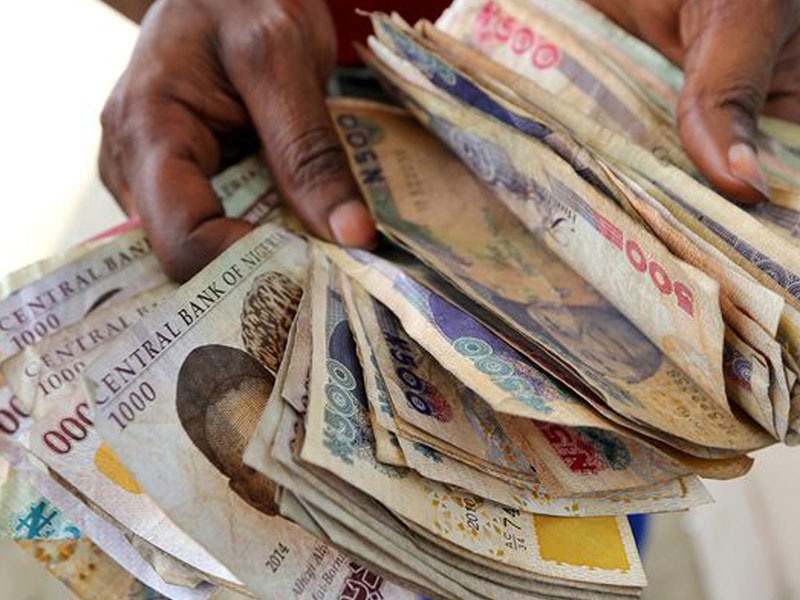In a surprising announcement, the Central Bank of Nigeria (CBN) has confirmed that there will be no set deadline for the circulation of old series naira banknotes.
This decision, which aims to address ongoing concerns about cash availability and public trust in the national currency, has significant implications for both the economy and the general populace.
The old series of naira notes, which were set to be phased out as part of a currency redesign initiative, have remained in circulation longer than anticipated.
The CBN had initially introduced the redesign to curb counterfeiting and enhance the security features of the currency. However, widespread complaints about the scarcity of the new notes have prompted the central bank to rethink its approach.
Dr. Ayo Salami, an economist and financial consultant, commented on the decision, stating, “The indefinite circulation of the old notes is a pragmatic response to the liquidity crisis that many Nigerians are facing. The transition to the new currency was not as smooth as planned, and this extension will help stabilize the economy in the short term.”
READ ALSO: Reps Urge CBN to withdraw old Naira, distribute redesigned notes before December deadline
Dr. Salami highlighted that the immediate effects of this decision could alleviate the pressures on businesses and consumers who have struggled to obtain new notes.
“Businesses rely heavily on cash transactions, especially in rural areas where digital payment systems are not as prevalent. Allowing the old notes to remain in circulation helps to bridge that gap.”
The move is also seen as a way to maintain consumer confidence in the financial system.
Dr. Linda Okafor, a financial analyst, remarked, “When people feel that they cannot access their own money or that a currency might soon become obsolete, it erodes trust in the banking system. By allowing the old notes to circulate indefinitely, the CBN is signaling that it prioritizes economic stability and public confidence.”
However, some economists express concern about the long-term effects of maintaining two series of banknotes.
Dr. Emeka Iwuanyanwu, a monetary policy expert, warned, “While this decision may provide immediate relief, it could complicate monetary policy and create confusion in the market. The central bank must ensure that the dual currency system does not lead to inflationary pressures or undermine the integrity of the new currency.”
The public reaction has been mixed. While many welcomed the decision as a relief to ongoing cash shortages, others worry about the potential for increased counterfeit risks.
Local trader Amina Bello stated, “We are just trying to survive. As long as we can use the old notes without issue, it helps us keep our businesses running. But I hope the CBN ensures that the security features are still effective.”

 Entertainment5 days ago
Entertainment5 days ago
 Health1 week ago
Health1 week ago
 Health4 days ago
Health4 days ago
 Football1 week ago
Football1 week ago
 Football1 week ago
Football1 week ago
 Crime4 days ago
Crime4 days ago
 Crime1 week ago
Crime1 week ago
 Education6 days ago
Education6 days ago

